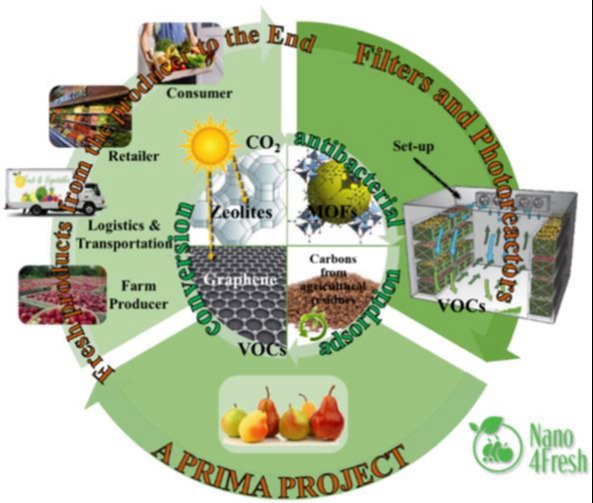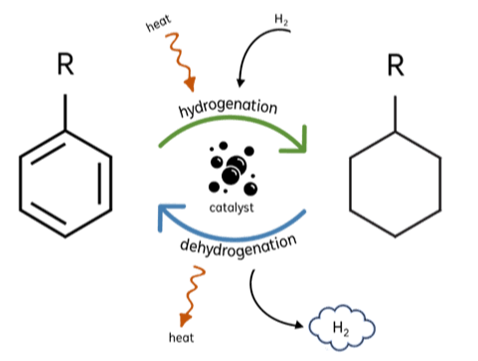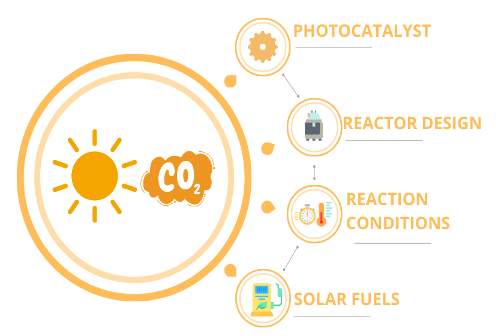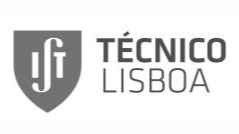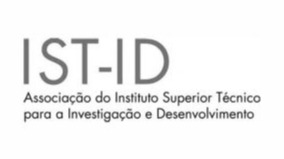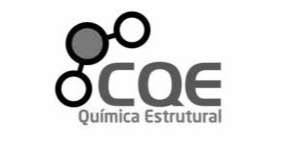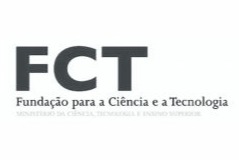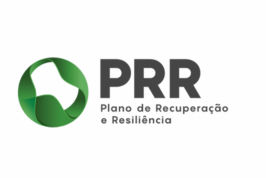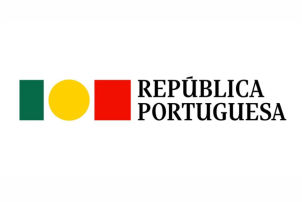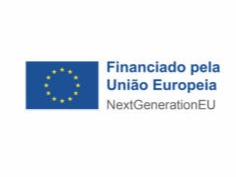Molecular Separation
Ongoing research aims to develop advanced zeolite materials with enhanced properties and explore new applications in different research areas such as Agri-food to reduce food losses and wastes. Nano4fresh Project targets to extend the post-harvest quality and shelf-life of the fruit by removing harmful/toxic substances (e.g. ethylene inhibitors and antibacterial/antifungal) during the transport and storage period. This approach comprises the ethylene removal, from fruits storage atmosphere, using zeolites with versatile characteristics in terms of adsorption. The developed technology will be tested, and the performances validated in a laboratory-controlled and real-life environment to supply fruit quality parameters (colour, compactness, sugar content, enzymatic activity) in the presence and absence of developed devices.
